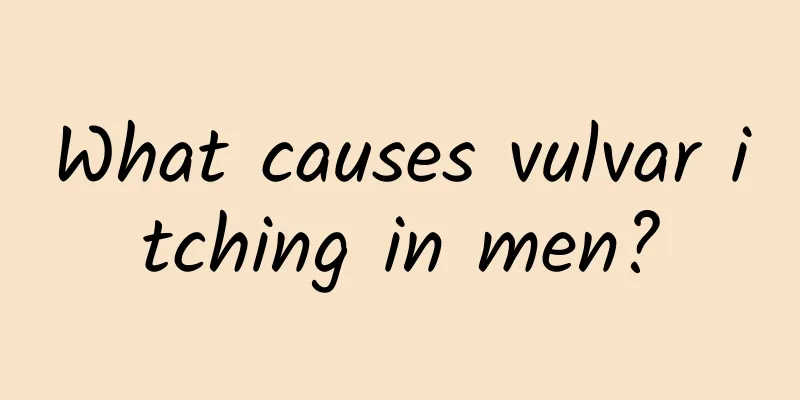What to do if a man has a urinary tract infection?

|
Urinary tract infection, also known as urinary system infection, is a common disease in life, which can occur in both men and women. It is mainly caused by inflammation of the epithelium due to bacterial infection. Urinary tract infection is usually accompanied by bacteriuria and purulent urine, which has attracted attention in life. So, what should men do if they have urinary tract infection? What treatment method is the most correct? Let us learn about it together! All male patients with cystitis should be excluded from prostatitis. For uncomplicated acute cystitis, oral trimethoprim-sulfamethoxazole or quinolone drugs can be used for treatment, with the same dosage as female patients, but the course of treatment requires 7 days; for patients with complicated acute cystitis, oral ciprofloxacin or levofloxacin can be used for continuous treatment for 7 to 14 days. (1) Asymptomatic bacteriuria Antibiotic treatment is not recommended for most asymptomatic bacteriuria. Appropriate treatment is recommended in some exceptions: nosocomial infections caused by more virulent microorganisms; patients who may be at risk for serious complications; patients undergoing urological surgery; infections with certain strains that can cause a high incidence of bacteremia; and older female patients who may need short-term treatment after catheter removal. (2) For symptomatic infections, it is recommended to replace catheters that have been in place for more than 7 days before taking urine samples for culture and before applying antimicrobial drugs, or to use other drainage methods such as penile sheath drainage, suprapubic cystostomy drainage, etc.; if there is no need to continue the catheterization, it can be discontinued. It is recommended to select effective antibiotics based on the results of urine culture and drug sensitivity tests. Initially, broad-spectrum antibiotics can be selected based on experience, and then the use of antibiotics can be adjusted based on the culture results. Oral medication can be used for patients with mild symptoms, generally for 5-7 days. Non-gastrointestinal medications, such as intramuscular or intravenous injections, can be used for patients with severe symptoms, fever, positive blood culture, and difficulty in gastrointestinal medication. For severe cases, medication is generally used for 10 to 14 days. Occasionally, candida infection may occur, which can be treated with antifungal therapy. Long-term, unfounded use of antibiotics is not recommended. The above is the expert's answer to the question of what to do if a man has a urinary tract infection. I hope that patients with this phenomenon can go to the hospital as soon as possible to find out the cause and type of the disease and seek medical attention early. Don't think that this is just a minor illness and ignore it. Many times, this idea is often wrong. |
<<: Can premature ejaculation be treated with oral medication?
>>: What are the folk remedies for treating epididymitis?
Recommend
Normal semen volume reference value
Normal semen is one of the prerequisites for wome...
What Chinese medicine should I take for premature ejaculation
Premature ejaculation is a sexual disease that ma...
Causes of left testicle ptosis
The male testicle is very important in the reprod...
What is the difference between rhinitis and cold? It can be analyzed from four points
Speaking of rhinitis and colds, the incidence rat...
Which Chinese medicines can nourish the kidneys and strengthen yang? Chinese medicine experts recommend them to you
Kidney-tonifying and yang-strengthening has becom...
What is rheumatoid arthritis? These symptoms tell you
I believe many people often hear middle-aged and ...
What causes scrotal pain in men
What causes testicular pain? Testicular pain is o...
Pain in thigh area during ejaculation?
Regular and appropriate sex life can enhance the ...
How to treat Yang deficiency and internal coldness? Dietary therapy is the best way to maintain health
Internal cold means that there is more cold and d...
What are the symptoms of urinary tract infection in men?
Both men and women may be affected by urinary tra...
Common diseases in men and their prevention
Everyone may know that there is a gynecology depa...
An elderly man suddenly cannot urinate
In daily life, many elderly people suffer from th...
How can boys lose belly fat?
For women, the fat on the waist and abdomen is ve...
Does Kidney Deficiency Definitely Lead to Impotence?
There is an inevitable connection between kidney ...
Will the sperm be ejaculated?
Sperm will still be there after ejaculation, but ...









